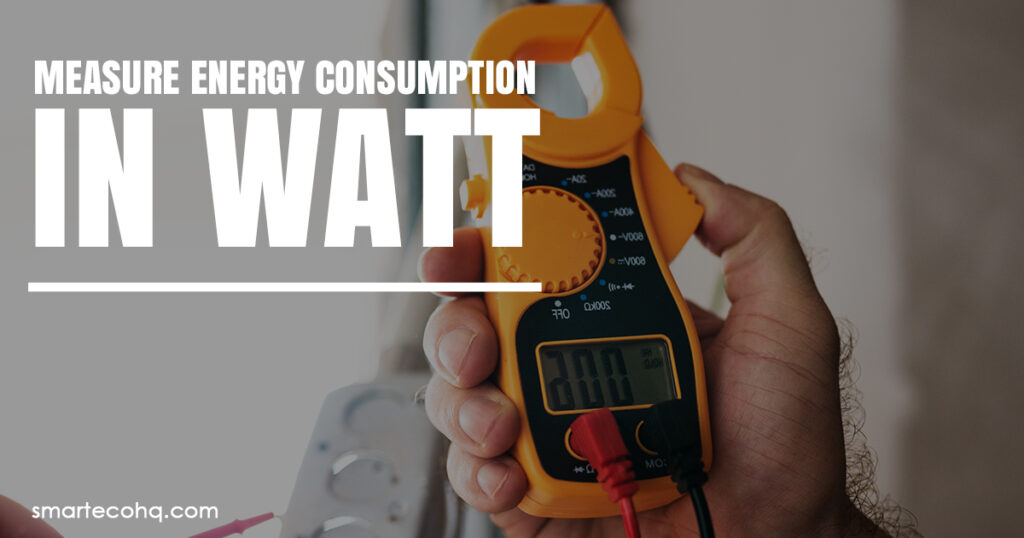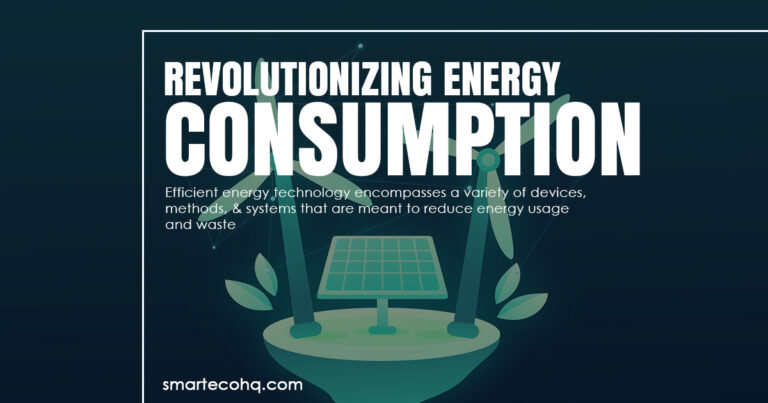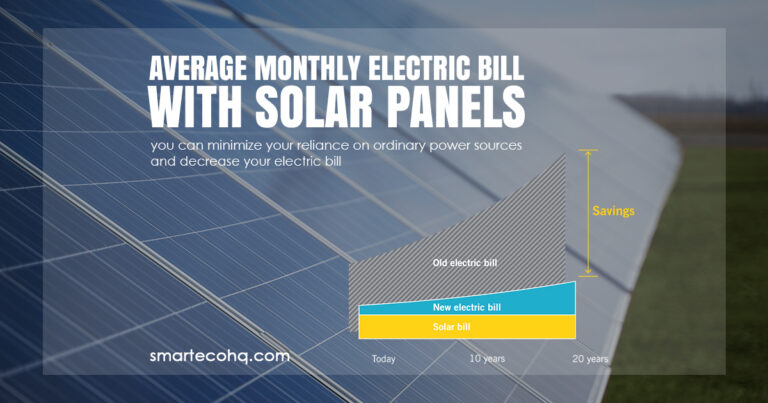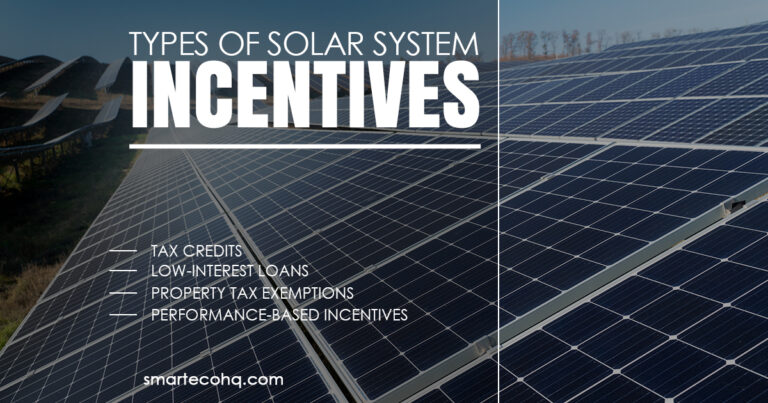How Many Watts Does Your House Use?

How many watts does your house use:
The average American home uses 10,632 kilowatt-hours (kWh) of power per year, which works out to 29,130 watts (W) per day, divided by 24 hours to yield an average of 1,214 W. Assessing your home’s energy use has become an essential part of balancing your energy bills and decreasing your carbon footprint as more individuals become conscious of their environmental impact and energy usage.
Analyzing how many watts your house uses is one of the most crucial components of understanding your energy use. This comprehensive guide will offer you all the information you need to understand and measure your house’s energy usage.
Table of Contents
- What is Watt & How to measure energy consumption in Watt?
- How many watts does an average house use?
- How can you reduce your home’s energy consumption?
- Factors that Influence How Many Watts Your House Needs to Run
1 – What is a Watt & How to measure energy consumption?
Watt is a unit of power that measures how much energy an appliance or gadget consumes at any particular time. The higher the wattage of a device, the more energy it consumes and the higher the power cost.
An Energy Monitor is the most convenient way to measure your home’s energy use. An energy monitor is a gadget that connects to a power outlet and measures the electricity use of all devices and appliances that are linked to that source.
Analyzing your electricity statement is another approach to measuring your energy use. Most utility providers give their clients a breakdown of their energy consumption and bill them in kilowatt-hours (kWh).
The number of watts consumed may be calculated by dividing the kWh by the number of hours in the billing period and then multiplying by 1000. For example, if your statement shows that you utilize 500 kWh a month, that converts to 500,000 watt-hours.

2 – How many watts does an average house use?
The quantity of energy used by a home varies based on several factors, including the size of the house, the number of people, and the type of equipment and gadgets used. Until now, a single-family house in the United States uses around 900 kWh each month or approximately 30 kWh per day. This equates to an average power use of around 1,000 watts per hour.
The term “Home Watts” refers to the amount of electrical power utilized by all of the appliances and gadgets in a household.
Energy-Consuming Appliances
In a typical household, the following equipment and devices consume the most energy:
- HVAC System – Heating and cooling account for over 40% of the average home’s energy use.
- Water Heater – Water heaters account for around 14% of the average home’s energy use.
- Refrigerator – Because a refrigerator is usually on, it can account for up to 8% of the average home’s energy use.
- Clothes Dryer – Clothes dryers take a lot of energy to create heat, and they may account for up to 6% of the average home’s energy use.
- Oven & range – cooking appliances, especially electric ones, may consume a lot of energy. They can contribute up to 4% of a typical home’s energy use.
3 – How can you reduce your home’s energy consumption?
Lowering your home’s energy consumption helps the ecosystem while also saving you money on your power bill. Here are some suggestions for lowering your energy consumption:
- Make use of energy-saving gadgets and devices.
- Switch to LED light bulbs.
- Repair any air leaks in your home.
- Make use of a Programmable Thermostat.
- Minimize your use of hot water by taking shorter showers and washing your clothing in cold water.
- Instead of using a dryer, hang your garments to dry.
- While not in use, turn off lights and gadgets.
4 – Factors that Influence How Many Watts Your House Needs to Run
House Size and Occupancy
A larger house will demand more electricity than a smaller one since it will have more room to power lighting and minor appliances. Heating and cooling are the most expensive components, as the larger the room, the more money you’ll have to pay to keep it at a reasonable temperature. Also, the larger the number of people in a household, the higher the power expenses will be due to increased usage of appliances, lights, and temperature management devices.
Electrical Appliance Frequency and Use
The Amount and kind of Electrical Equipment used in a residence might vary depending on the environment. If you have more appliances, they will use more electricity, especially if they require a lot of power to operate. If you often use electrical equipment, the number of watts used in your home will increase. Keep appliance use to a minimum.
Wattage Calculation Formula for Your Home
The most important information is the number of watts required to power your appliances, known as Running Watts, and the highest beginning wattage of all appliances, known as starting watts.
You can use the following formula to calculate the watts required for your home:
Total Wattage = (Total Amperage x Voltage) + Additional Wattage
Here is how to apply the formula:
- Determine the Amperage of all electrical devices in your home that will be used concurrently. This information is normally found on the device itself or in the owner’s manual.
- Add up the amperage of all the gadgets you’ll be using at the same time. This will provide you with the entire amperage.
- Determine your electrical system’s voltage. This will be 120 volts in most homes.
- To calculate the required watts, multiply the total amperage by the voltage. This will give you the wattage required to power all of your devices.
- Add any additional power required for motorized equipment such as refrigerators, air conditioners, or washing machines. These appliances require additional power to start.
Knowing your home’s energy use is a critical step towards lowering your carbon impact and saving money on your utility bill.






